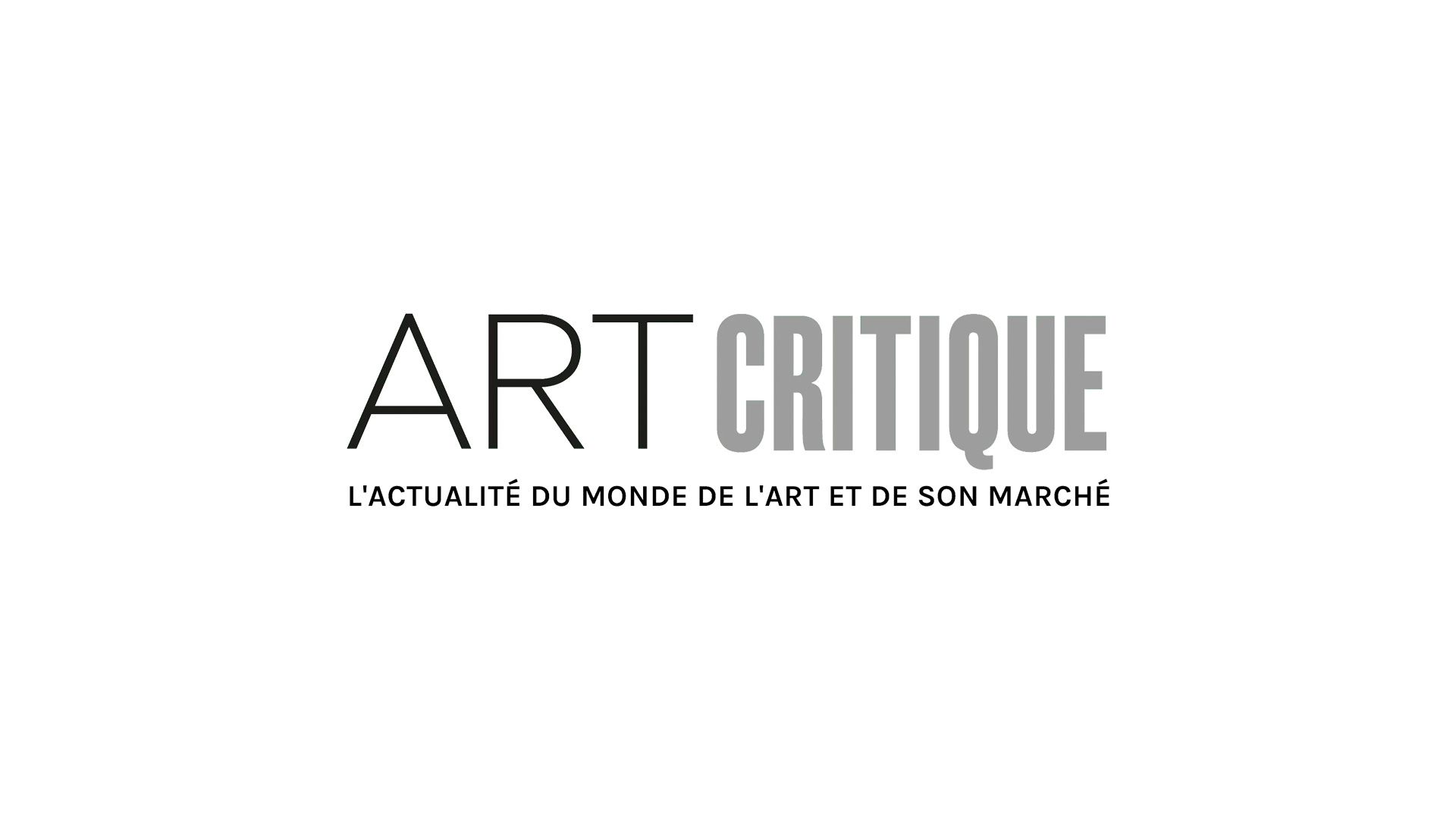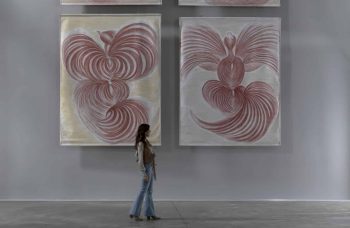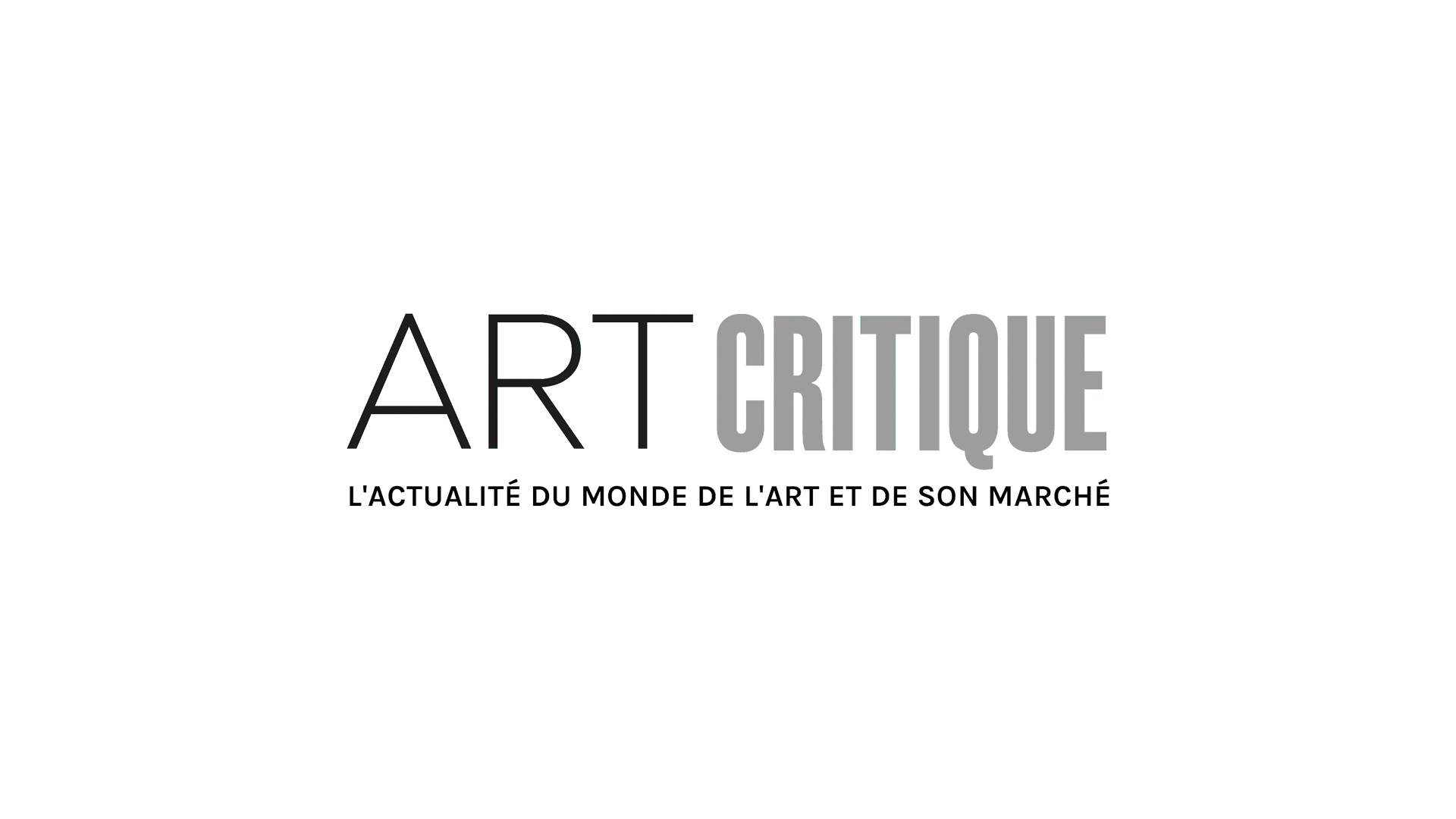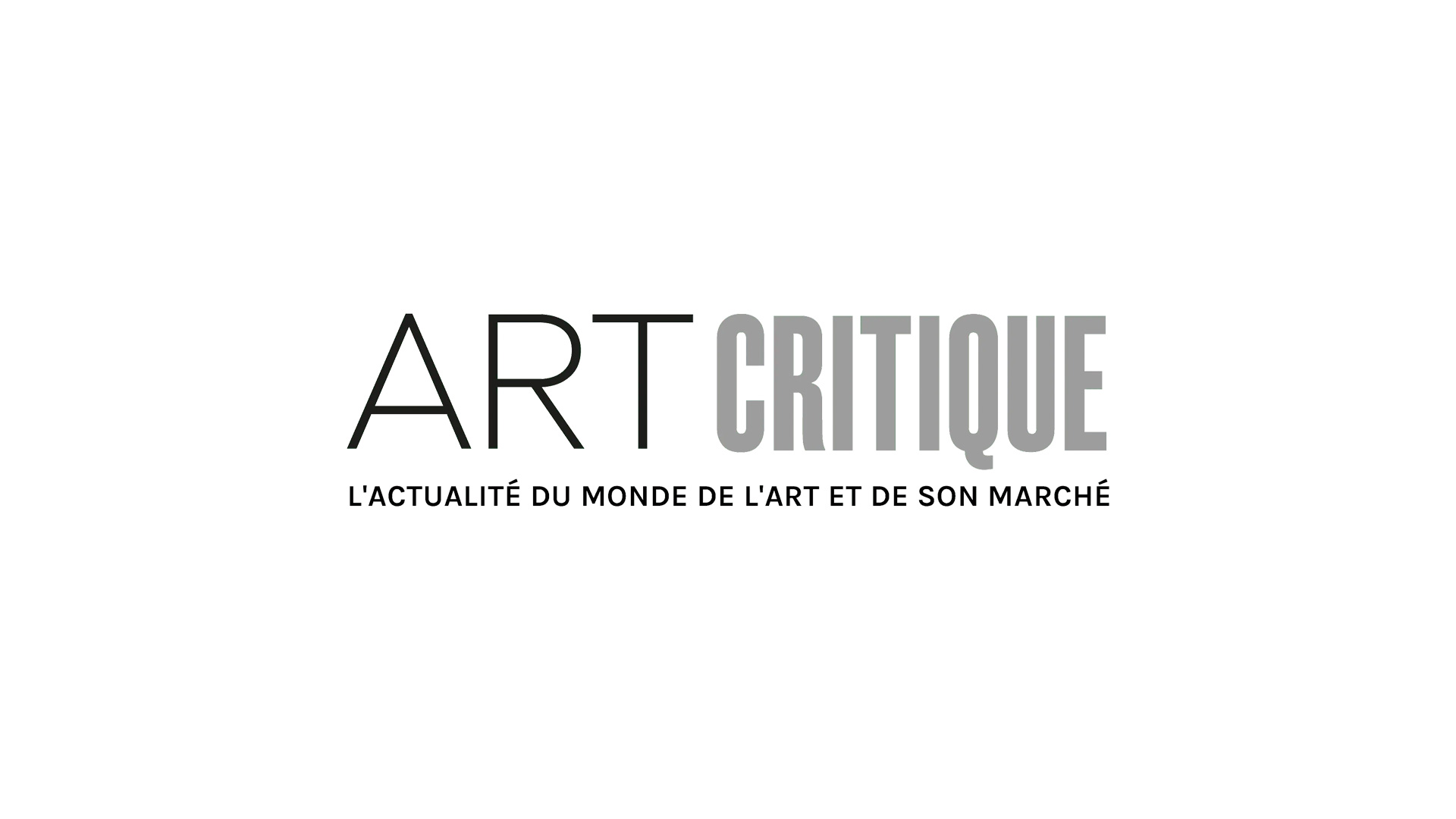Earlier this month, three museums on Museum Island in Berlin were targeted in an unusual string of daylight attacks on more than 70 works of art. The attacks were carried out on German Unity Day, which commemorates the peaceful reunification of the country, by vandals who remain unidentified but the public was not alerted to allow investigations to continue discreetly.
According to Carsten Pfohl,a Berlin criminal police officer, the suspects entered the Pergamon Museum, the Alte Nationalgalerie, and the Neues Museum during opening house and doused dozens of artworks with an oily liquid. The culprits “acted very covertly and apparently exploited moments in which the supervisory staff,” said the Prussian Cultural Heritage foundations, which oversees the museums.
It remains unclear what the motive behind the attacks were although some speculate it to be the work of a right-wing propagandist group. Julius Geiler, a reporter focused on far-right extremism, is among those who believe this theory having pointed out tweets by Attila Hildmann, cookbook author and far-right conspiracy theorist, who has claimed that the museums are “Satanist” sites. In fact, the Pergamon has been associated with Satanism before because it houses a reconstruction of the Greek Pergamon Altar.
While theories have already taken root, Pfohl noted that the attack did not appear to be related to a specific political group or ideology as “a large number of different objects that are not directly related to each other” were among those sprayed. “One does not recognize any propaganda,” he continued.
Among the artworks targeted were an Egyptian sarcophagi, sculptures, and 19th century paintings held at the museums. The oily substance sprayed across the artworks was not a corrosive material, said Friederike Seyfried, director of Berlin’s Egyptian collection at the Neues Museum, however, the full extent of the damage has not been disclosed. The Prussian Cultural Heritage foundation stated that most of the damage could be easily reversed and that the stone and wooden sculptures are already undergoing restoration.
News of the attacks were first reported to the public by Deutschlandfunk and Die Zeit this week, stating that this was the most “extensive attack” on antiquities in the country since World War II. The sentiment was echoed by Christian Haak, deputy director general of the Berlin state Museums who said for national museums “it is the greatest damage to objects that has been caused by a single act.”
On the day of the attacks, more than 3,000 people visited Museum Island and around 1,400 of those visitors purchased tickets online. Police have contacted those who bought tickets in advance but are still asking that anyone with information on the attacks contact police.





